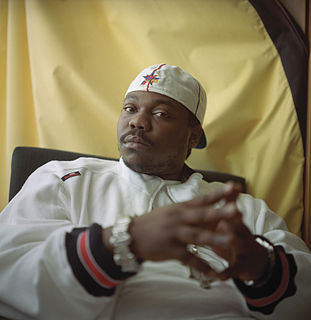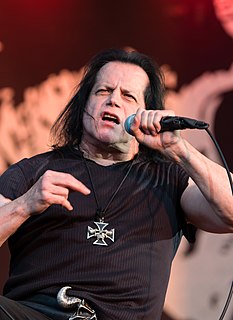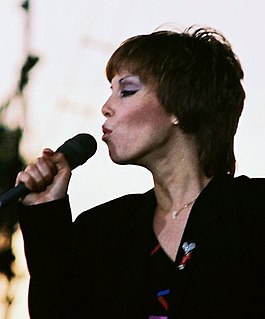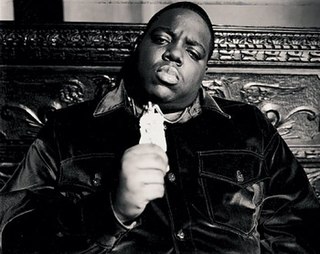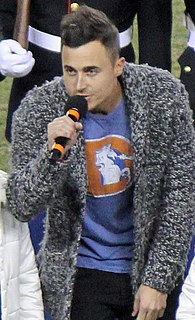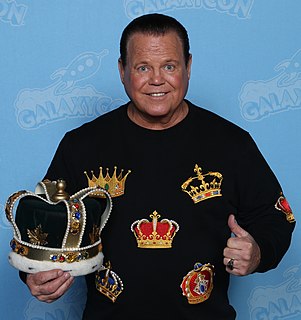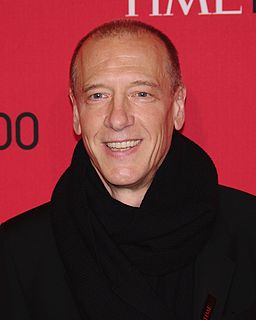A Quote by Beanie Sigel
I could wake up six in the morning, go downstairs and record. I learned how to use ProTools and everything. Whenever I felt it, I could record.
Related Quotes
At 13 years old, I realized I could start my own band. I could write my own song, I could record my own record. I could start my own label. I could release my own record. I could book my own shows. I could write and publish my own fanzine. I could silk-screen my own T-shirt. I could do this all myself.
Al Gore wanted to tell people what they could listen to and what they couldn't, what they could record. It was basically coming down to the idea that he wouldn't let anybody record any music that he didn't think you should be doing. There was going to be an organization that would tell you what you could and couldn't record.
I wanted to make a record with a twist. I wanted to prove that you could make a record that concentrated on song craft but that was still fun, something you could listen to and love and even dance to, but not hate yourself in the morning. I think I did that. Most of my lyrics come from my own personal journals that I have kept over the years.
